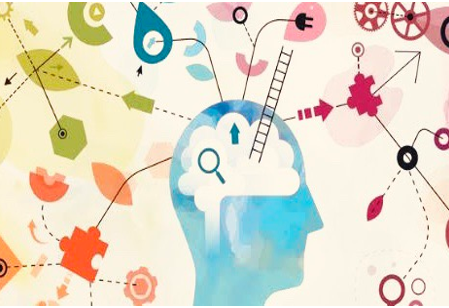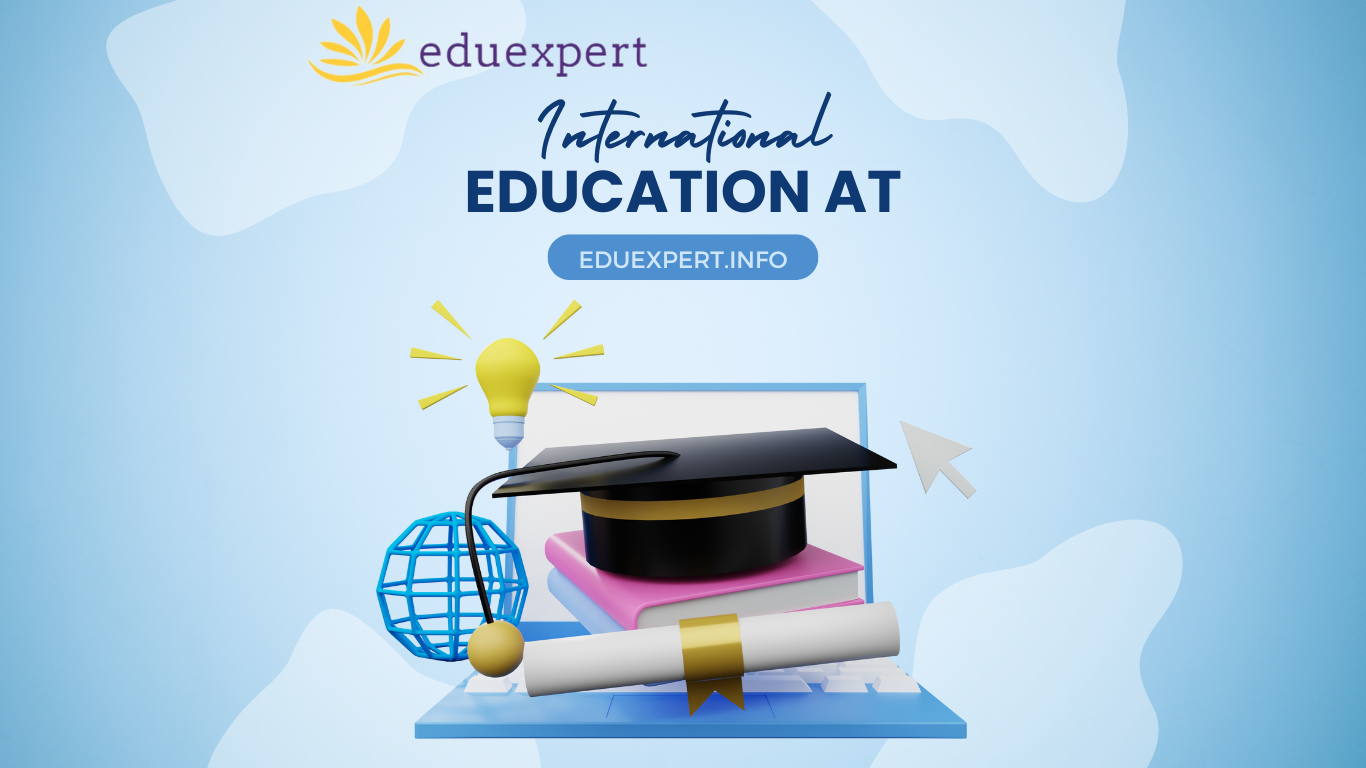
Introduction: Educational psychology is a branch of psychology that focuses on understanding how individuals learn and develop within educational settings. It delves into the psychological processes that influence learning, teaching methods, and the overall educational experience. This field of study is crucial for educators, administrators, and policymakers to create effective learning environments and facilitate optimal student development. Educational psychology is a field that delves into the intricate interplay between psychological principles and educational practices. It seeks to understand how individuals learn, develop, and acquire knowledge, with the ultimate goal of improving educational outcomes. This essay explores the fundamental concepts of educational psychology, its key theories, and the practical applications that shape the dynamics of learning and teaching.
Historical Context: Educational psychology has roots in the late 19th and early 20th centuries when psychologists began exploring the scientific principles underlying education. Pioneers like John Dewey and Edward Thorndike laid the foundation for understanding how students acquire knowledge and skills. Over the years, the field has evolved, incorporating insights from various psychological theories and methodologies
Understanding Educational Psychology:
1. Definition and Scope: Educational psychology is the study of how individuals, both students and educators, interact with the educational environment. It encompasses a broad range of topics, including cognitive development, motivation, learning styles, assessment, and classroom management.
2. Key Theories:

a. Cognitive Development: The work of Jean Piaget has significantly influenced educational psychology, particularly in understanding cognitive development. Piaget’s stages, such as sensorimotor, preoperational, concrete operational and formal operational, provide insights into how students construct knowledge and make sense of the world.
b. Behaviorism: Behaviorism, associated with psychologists like B.F. Skinner, emphasizes observable behaviors and reinforcement. In the educational context, behaviorist principles are applied through strategies like positive reinforcement and shaping to encourage desired behaviors in students.
c. Social Cognitive Theory: Albert Bandura’s social cognitive theory introduces the concept of observational learning and emphasizes the role of modeling in the acquisition of behaviors. This theory highlights the importance of social influences and environmental factors in the learning process.
d. Multiple Intelligences: Howard Gardner’s theory of multiple intelligences challenges the traditional notion of a single, measurable intelligence. Gardner proposes that individuals possess diverse intelligences, such as linguistic, logical-mathematical, spatial, musical, interpersonal, intrapersonal, and more, influencing how they learn and excel.
Practical Applications in Education: Learning Styles and Differentiated Instruction: Educational psychology informs the concept of differentiated instruction, recognizing that students have diverse learning styles and preferences. Teachers can tailor their instructional methods to accommodate various modalities, ensuring that all students have opportunities to succeed.
2. Motivation and Classroom Management: Understanding motivational factors is crucial for effective teaching. By applying motivational theories, educators can create a positive and supportive classroom environment, fostering intrinsic motivation and engagement. Additionally, insights from educational psychology contribute to effective classroom management strategies that promote a conducive learning atmosphere.
3. Assessment and Feedback: Educational psychology plays a pivotal role in shaping assessment practices. Formative assessments, feedback mechanisms, and strategies for evaluating student progress are influenced by psychological principles. A holistic understanding of assessment helps educators gauge the effectiveness of their teaching methods and adapt to meet student needs.
4. Special Education and Inclusive Practices: The field contributes significantly to special education by providing insights into the diverse needs of learners. Inclusive practices, guided by principles of educational psychology, aim to create learning environments that accommodate students with varying abilities, ensuring equal access to education.
Conclusion: Educational psychology serves as a bridge between the realms of psychology and education, shedding light on the intricate processes of learning and teaching. By understanding cognitive development, motivational factors, and diverse learning styles, educators can tailor their approaches to meet the unique needs of students. As educational psychology continues to evolve, its ongoing impact on shaping effective teaching practices and enhancing educational experiences remains paramount in the pursuit of academic excellence.
Reference
Woolfolk, A. (2019). Educational Psychology.Pearson.
S.M Tareq
Consultant and Teacher’s Trainer (Masters of Education)
Institute of Education and Research
University of Dhaka






1 thought on “Educational Psychology: Unveiling the Dynamics of Learning and Teaching”
Excellent